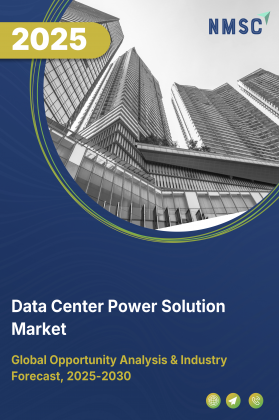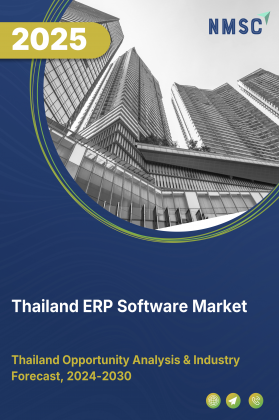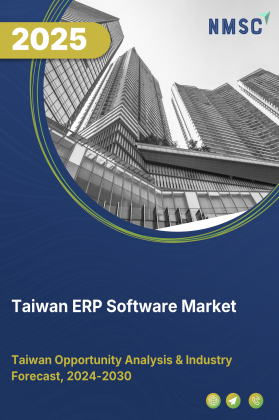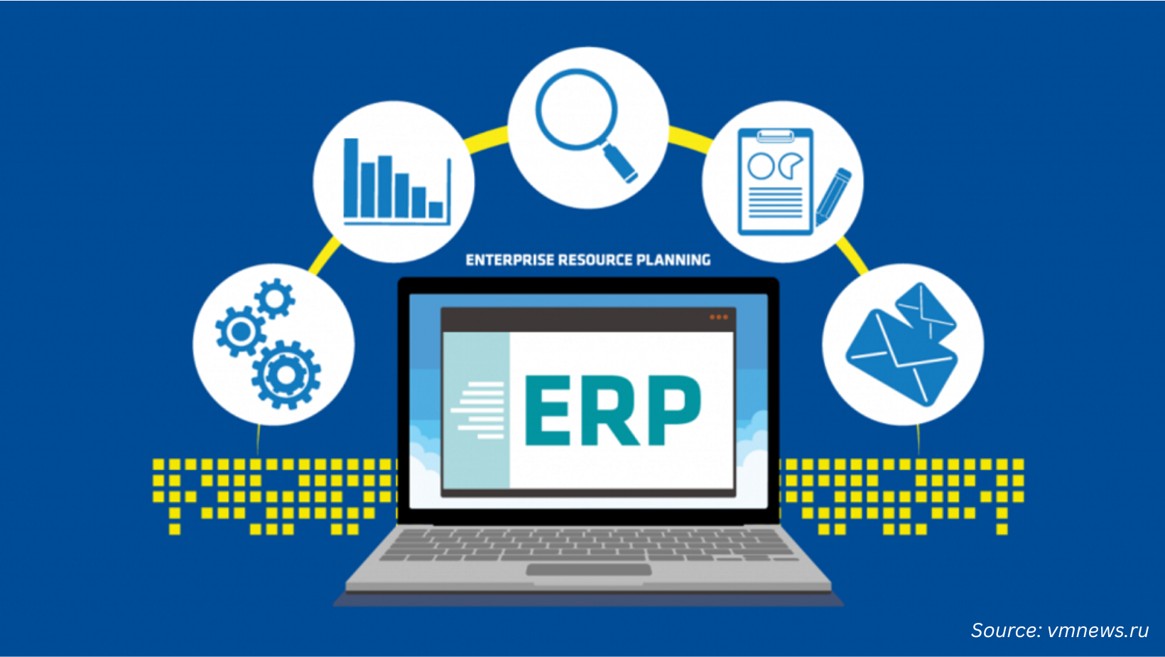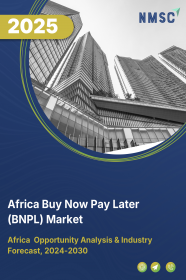
Africa Buy Now Pay Later (BNPL) Market by Channel (Online, and Point of Sale (PoS)), by Enterprise Type (Small and Medium Enterprises (SMEs), and Large Enterprises), by Application (Consumer Electronics, Fashion and Garments, Media and Entertainment, Healthcare and Wellness, Automotive, Furnishing, and Others), by End User (Generation X, Generation Z, Millennials, and Baby Boomers)- Opportunity Analysis and Industry Forecast, 2024– 2030
Industry: ICT & Media | Publish Date: 23-Oct-2025 | No of Pages: 161 | No. of Tables: 108 | No. of Figures: 73 | Format: PDF | Report Code : IC2128
Africa Buy Now Pay Later (BNPL) Market Overview
The Africa Buy Now Pay Later (BNPL) Market size was valued at USD 228.1 million in 2023, and is predicted to reach USD 1917.9 million by 2030, at a CAGR of 30.0% from 2024 to 2030. Buy now pay later (BNPL) is a convenient short-term financing option that allows consumers to defer payment for purchases to a later date. This payment method, structured with an installment plan, involves consumers, financiers, and merchants, enabling customers to shop online and in stores without immediate full payment.
BNPL is versatile, covering a wide range of purchases from everyday items including clothing and electronics to larger expenses such as home improvement products. The popularity of BNPL is on the rise due to its numerous advantages for consumers. It provides a flexible way to buy high-cost items such as smartphones and laptops, pay for educational expenses including tuition fees and stationery, and even cover daily expenses such as canteen bills. Additionally, the introduction of zero-interest payment options by BNPL providers makes this payment solution even more appealing to customers, offering them a convenient and attractive payment alternative.
E-commerce Boom And Mobile-first Shopping Accelerate BNPL Adoption
Africa’s rapid e-commerce growth, driven by increasing smartphone penetration and expanding internet access, has created fertile ground for BNPL expansion. Online marketplaces, fashion retailers, and electronic goods platforms are embedding BNPL options directly at checkout to capture higher sales volumes and increase customer retention. In a region where access to credit cards remains limited, the ability to split payments into manageable installments provides consumers with greater purchasing power while enabling merchants to boost conversion rates. This synergy between digital retail growth and demand for flexible payments is establishing BNPL as a mainstream financing method across Africa’s urban and semi-urban markets.
Young, Digitally-savvy Population Drives Demand For Flexible Credit Solutions
Africa’s demographic profile—dominated by millennials and Gen Z—forms the backbone of BNPL adoption. These consumers are digital natives who prefer transparent, low-cost financial products over traditional loans or credit cards. Their comfort with mobile wallets, mobile money platforms, and digital identity systems makes BNPL onboarding seamless, while their preference for budget-friendly, interest-free solutions aligns perfectly with BNPL models. As this segment continues to drive online retail and lifestyle spending, BNPL providers are uniquely positioned to capture long-term loyalty from Africa’s largest and fastest-growing consumer base.
Evolving Regulatory Frameworks May Increase Operational Complexity For Providers
While BNPL has gained momentum as a consumer-friendly credit tool, regulators across Africa are beginning to scrutinize its rapid growth. Concerns are emerging around consumer indebtedness, repayment defaults, and the lack of formal reporting to credit bureaus. Proposed measures—such as stricter affordability checks, mandatory transparency in repayment terms, and credit bureau integration—could raise compliance costs for BNPL providers and slow customer onboarding. Balancing innovation with regulatory safeguards will be a key challenge, especially as governments push to ensure consumer protection without stifling financial inclusion.
Expansion Of BNPL Into Essential Services And Financial Inclusion Initiatives
BNPL is rapidly expanding beyond discretionary spending categories like fashion and electronics into essential sectors such as healthcare, education, energy, and transport. By enabling installment-based access to critical goods and services—such as medical treatments, school fees, or solar home systems—BNPL providers can align with Africa’s broader financial inclusion and development goals. Partnerships with mobile network operators, digital wallet providers, and public-sector programs further enhance scalability and trust. Positioning BNPL as both a consumer credit solution and a socio-economic enabler presents a unique opportunity to expand reach, enhance social impact, and secure long-term growth in Africa’s financial ecosystem.
Competitive Landscape
The market players operating in the Africa buy now pay later industry include Payflex (Zip Co), CredPal, valU Group, PayJustNow, Mobicred, TymeBank (MoreTyme), LayUp, Motito, Klump, JumiaPay, and others.
Africa Buy Now Pay Later (BNPL) Market Key Segments
By Channel
-
Online
-
Point of Sale (PoS)
By Enterprise Type
-
Small and Medium Enterprises (SMEs)
-
Large Enterprises
By Application
-
Consumer Electronics
-
Fashion and Garments
-
Media and Entertainment
-
Healthcare and Wellness
-
Automotive
-
Furnishing
-
Others
By End User
-
Generation X
-
Generation Z
-
Millennials
-
Baby Boomers
By Region
-
Africa
-
South Africa
-
Nigeria
-
Kenya
-
Egypt
-
Morocco
-
Ghana
-
Other Countries
-
Key Players
-
Payflex (Zip Co)
-
CredPal
-
valU Group
-
PayJustNow
-
Mobicred
-
TymeBank (MoreTyme)
-
LayUp
-
Motito
-
Klump
-
JumiaPay
Report Scope And Segmentation
|
Parameters |
Details |
|
Market Size in 2023 |
USD 228.1 Million |
|
Revenue Forecast in 2030 |
USD 1917.9 Million |
|
Growth Rate |
CAGR of 30.0% from 2024 to 2030 |
|
Analysis Period |
2023–2030 |
|
Base Year Considered |
2023 |
|
Forecast Period |
2024–2030 |
|
Market Size Estimation |
Million (USD) |
|
Growth Factors |
|
|
Companies Profiled |
10 |
|
Market Share |
Available for 10 companies |
|
Customization Scope |
Free customization (equivalent up to 80 working hours of analysts) after purchase. Addition or alteration to country, regional, and segment scope. |
|
Pricing and Purchase Options |
Avail customized purchase options to meet your exact research needs. |

















 Speak to Our Analyst
Speak to Our Analyst



